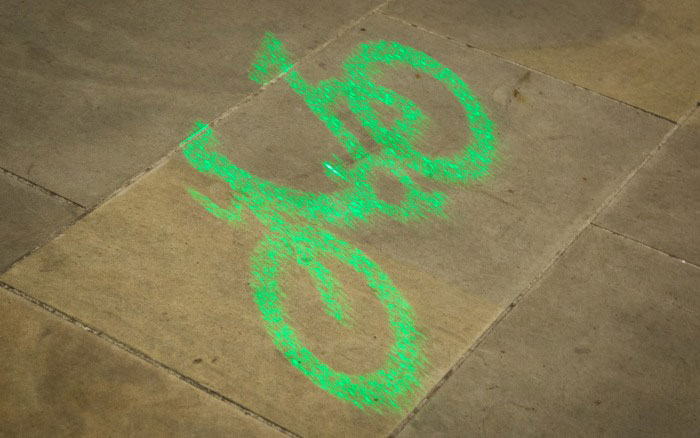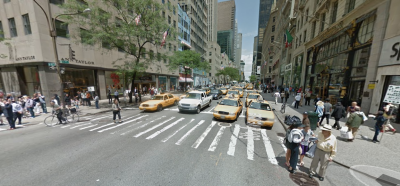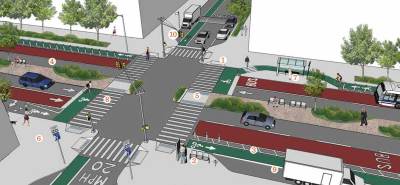TransAlt to City: Give Us a ‘Bike Mayor’ Like London

The city of London has a bike and pedestrian commissioner who reports directly to the mayor — and a booming population that cycles on an ever-widening network of protected lanes and highways. Why don’t we have that?
That’s the basic question behind a new petition drive by Transportation Alternatives that calls on Mayor de Blasio to appoint the city’s first-ever “Bike Mayor” to champion cycling across multiple agencies of the city bureaucracy.
“There is no better time than now to appoint a Bike Mayor in New York City: the protected bike lane network is not growing fast enough to keep up with demand, an influx of people on two wheels is coming with the expansion of Citi Bike and impending legalization of e-bikes and scooters, and, just one week into 2019, two people have been killed while biking [and] last year, two cyclists were killed while riding in unprotected bike lanes,” the group said in a statement. “These are the sort of threats that cyclists fear, yet non-cyclists would not know to think — and much less worry — about. It is unique dangers like these that make the need for a Bike Mayor all the more urgent.”
London’s Walking and Cycling Commissioner position was created in 2013 as a part-time, three-day-a-week post, according to Janine Rasiah of the London city government. New Mayor Sadiq Khan named Will Norman to the position — and then made the post full-time, “recognizing the scale and importance of the job,” Rasiah told Streetsblog. Norman is paid $125,000 per year (albeit in British pounds).
Since the creation of the bike commissioner, cycling in London has expanded and now represents around 2.5 percent of all journeys in London, roughly 730,000 a day, Rasiah said. In New York, cycling represents just 1 percent of trips.
Sydney, Mexico City, São Paulo and Amsterdam also have “bike mayors.” (Streetsblog has previously asked City Hall for a comment about creating such a position and been rebuffed.)
“It’s clear that people who ride bikes in the five boroughs are not well-represented in city government,” said former Amsterdam bike mayor Anna Luten, who now lives in New York. “A Bike Mayor in New York would be instrumental for making it safer to ride a bike, which will lead to more people on bikes, less congestion and a smoother ride for everyone.”
Amsterdam’s world class bike network “would not have been possible” if that city had not made a strong commitment to making sure “people on bikes … had a voice in the administration,” Luten added.
An estimated 1.6 million New Yorkers ride a bike at least once a month — a population that itself would be the fifth biggest city in the country, TransAlt pointed out.

The TransAlt petition drive comes amid frustration that the city’s bike network is not growing fast enough. Last year, the city installed roughly 17 miles of protected bike lanes, down from nearly 25 the year before. Mayor de Blasio has resisted a call by Council Member Ydanis Rodriguez to build 100 miles of protected lanes every year.
“Although the city has led an impressive expansion of the bike lane network over the last few years, there are still too many streets that repel would-be riders because they lack safe space for people on bikes,” said TA’s co-interim director Ellen McDermott, who recently penned a Streetsblog op-ed about her fears of riding in city traffic. “A ‘Bike Mayor’ would be instrumental in bringing safe bike accommodations to more neighborhoods, and could help advance the Vision Zero Street Design Standard, which would speed up the growth of the protected bike lane network by syncing street redesigns with repaving projects.”



